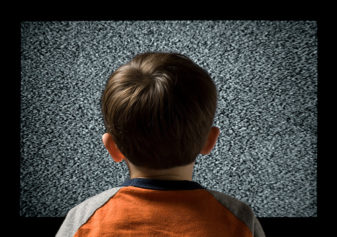The psychology behind a child’s ability to focus academically or follow rules can be positively influenced by the environment. Parents and caregivers can help children with sensory processing disorders or developmental issues ease into everyday activities with simple games.
Each month, we co-host a play based learning linky party with Nikki at Spectrum Psychological. Sensory play is a sneaky tool to help your child learn important motor skills, early literacy skills, and cognitive thinking skills.
If your child suffers from a child development disorder, you may want to consider alternative education options such as Montessori or Online Public School. If one option doesn’t work keep trying until you find the right fit.
We have been fairly successful with Online Public School. I have gifted children. One enjoys learning, the other one does not. As she approaches second grade, she struggles with what was once only considered age appropriate hurdles. Her continued transposing of b’s, d’s, g’s, 5’s , and 3’s is now being considered a form of dyslexia. Compound words are transposed, numbers and letters reversed, and when tired she reads from right to left.
In this case, we struggle with everyday writing tasks. As the learning coach, it is my responsibility to find ways to make school work fun. The easiest way is to avoid writing anything down on paper. Of course this isn’t always realistic, so we supplement with less frightening activities.
Using a dry erase board can make the daunting task of writing seem like a privilege. Alphabet magnets on a door turn the chore of spelling tests into a game. Just changing the media alleviates some of the stress making it easier to get started on a school project.
Gifted children face child developmental issues too. While one struggles with dyslexia, the other faces many different challenges. The brain is busy soaking up knowledge, but gross and fine motor skills seem less important–think absent minded professor. His need for perfection not only stifles his creativity, it also frustrates him to the point of meltdowns.
Read More: kidscreativechaos.com


